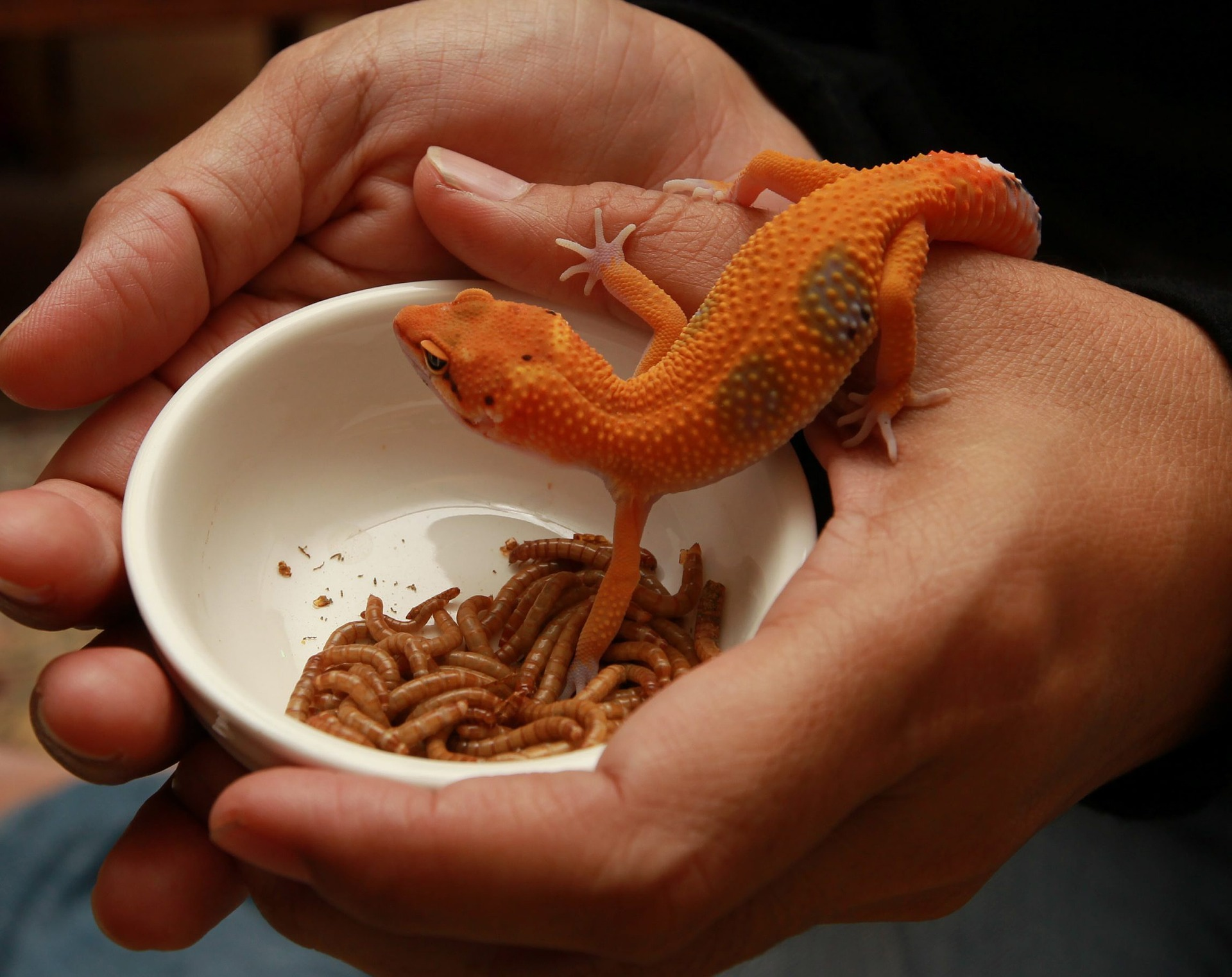
Fever, abdominal cramps, and diarrhea--these can be the effects of picking up a salmonella infection from your exotic pet. And symptoms can last up to a week. So, how common is it to contract salmonella from your reptile or amphibian? The truth is that you can easily prevent getting sick if you know the right way to handle your herp.
Reptiles and amphibians that carry salmonella
The short answer is that yes, you do need to worry when it comes to contracting salmonella from a pet reptile or amphibian. The following herps are common carriers:
- Turtles
- Frogs
- Snakes
- Geckos
- Toads
- Salamanders
- Chameleons
- Iguanas
This is not a complete list. You can pick up salmonella from many amphibians and reptiles.
How to prevent salmonella infection
Fortunately, you can take easy steps to prevent getting infected with salmonella. The bacteria lives on the skin of reptiles and amphibians. And it can also be in their droppings and living environment, including water and terrarium surfaces.
You absolutely cannot get rid of salmonella on your exotic pet and its surroundings. But if you touch the animal or its habitat, you can transfer the bacteria to your mouth, where it enters your digestive system and begins to cause uncomfortable symptoms. In most cases, people recover from salmonella without complications. But that does not mean you should risk it. Not only are the symptoms uncomfortable, but in some cases they actually can be life-threatening.
Since you can never remove all the bacteria from your animals and their environments, your preventive measures have to be about yourself. The first thing to know is that you should never touch your mouth while you are handling reptiles and amphibians, or directly after. That also means not eating around these pets and their habitats.
Next, make sure you wash your hands thoroughly after handling the animal or items it uses. It is especially important that you wait to eat or touch your face until after you have washed. You should get into the habit of washing your hands with soap after every time you handle your pet or its items, and making sure others do the same.
Using disposable gloves when cleaning your herp’s tank is also a good preventive measure. It keeps the salmonella bacteria from getting on your skin in the first place. However, you should still wash your hands after cleaning out a terrarium or aquarium. And when you clean the tank, use a dedicated space or clean it outside. Do not rinse out the aquarium in your kitchen or bathroom sink, where salmonella can be deposited and picked up by you later. It is especially important not to clean your pet’s habitat and other items where you prepare food, wash dishes, or get drinking water.
What to do if you get sick
The best thing to do for salmonella infection is to treat your symptoms and pay attention to how they progress. Most otherwise healthy people recover without treatment. But if symptoms like diarrhea and dehydration become severe, you should seek treatment at a hospital. You should also seek medical treatment if symptoms last longer than seven days.
The team at The Tye-Dyed Iguana can give you more information about salmonella and handling reptiles and amphibians.
